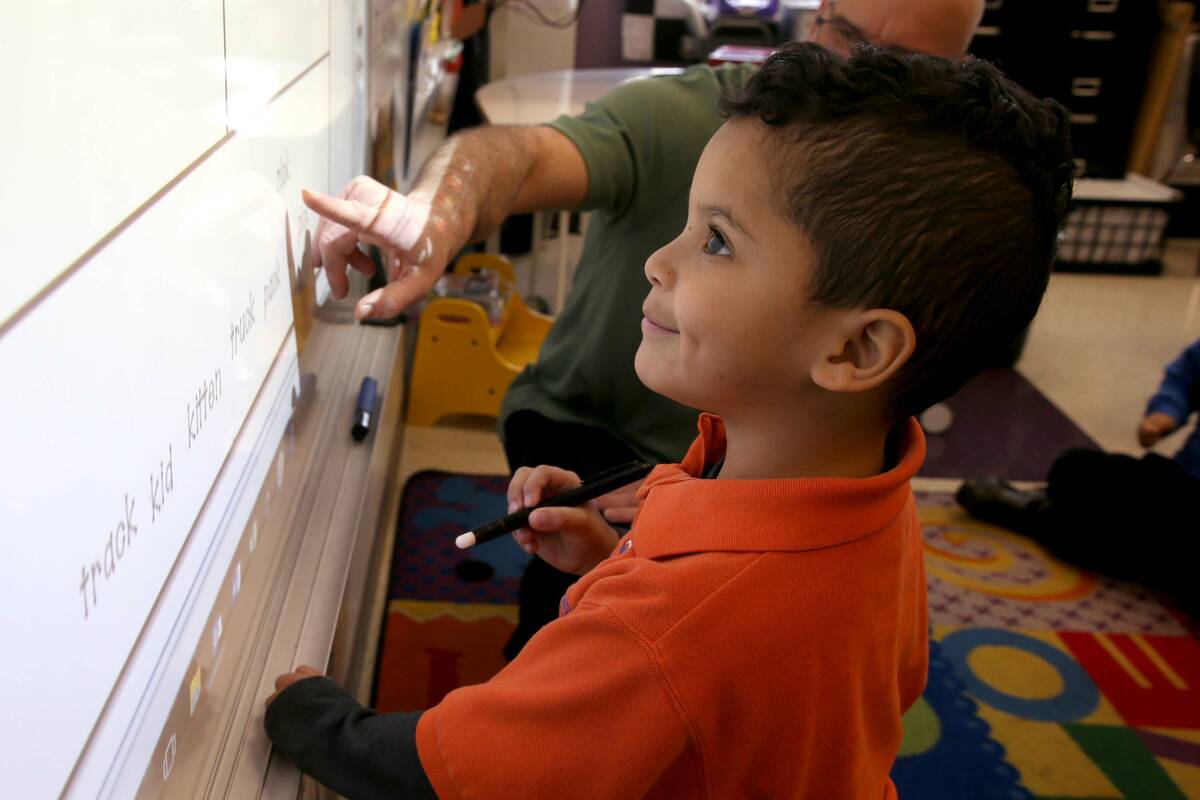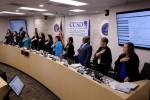EDITORIAL: More evidence that school choice helps students
Low performance among poor, minority students isn’t inevitable. Just look at a new study of KIPP charter schools.
Last week, Mathematica released a study on students attending KIPP middle schools and high schools. KIPP, which stands for Knowledge is Power Program, is the largest group of charter schools in the country. It initially focused on middle school students in underserved communities. It has since grown to include elementary and middle schools.
The study looked at more than 2,000 students who applied to a KIPP middle school in 2008, 2009 and 2011. This allowed researchers to conduct a random control study.
The students who only attended KIPP in middle school were 3.8 percent more likely to attend a four-year college shortly after high school. That wasn’t considered statistically significant. But this was.
Students who attended a KIPP school in middle and high school were nearly twice as likely, 39 percent to 20 percent, to have graduated from a four-year college in five years after graduation compared to students who never attended KIPP. A staggering 77 percent of former KIPP middle and high school students had enrolled in a four-year college, compared to 46 percent in the control group. And these weren’t rich, white students.
“Most of the sample consists of students of color from low-income households,” the study notes. “Among the treatment group, approximately 48 percent of the students are Hispanic, 43 percent are Black, 77 percent are eligible for free or reduced-price lunch.”
These are the very types of students public schools around the country have failed so miserably. There are a couple of lessons here.
The first is that school choice, including charter schools, works. KIPP started small and grew, because it was successful. Parents are capable of identifying successful schools, if they have options. Nevada Democrats have tried various schemes over the years to limit the growth of charter schools in Nevada. That’s wrong.
The second lesson comes by looking at what KIPP did differently. It demanded discipline and order from students. It required students to focus and work hard. It had a longer school day and accountability from everyone. Schools like this have been called “no excuses” charter schools and have seen remarkable academic success. Tragically, in the guise of equity, many of these successful schools have moved away — at least rhetorically — from the very discipline that allowed them to help minority students thrive.
Instead of spending more money on a broken system, Nevada policymakers should carefully consider the lessons they can learn from a system that has actually succeeded.




























